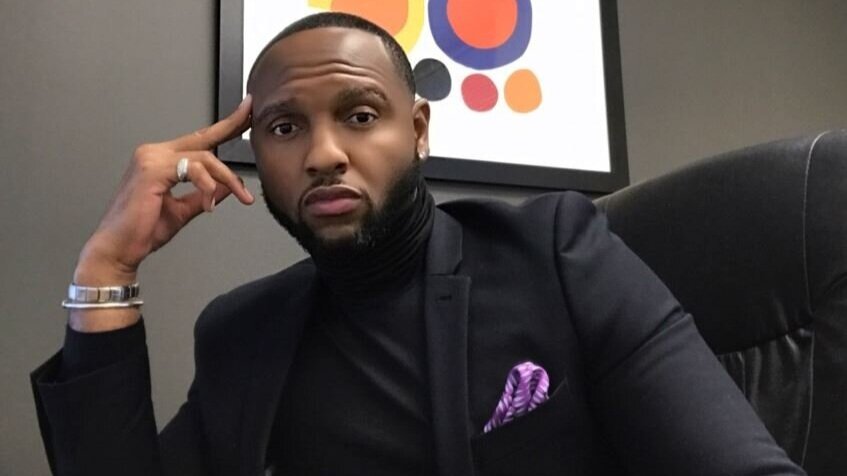Atlanta Therapist Machel Hunt Is On A Mission To Get Black Gay Men Into Therapy

Machel Hunt
Black gay relationship counselor and psychosexual therapist Machel Hunt tells The Reckoning that he is “on a mission to have every Black gay man in Atlanta in therapy.”
The London, England bred therapist who now calls Atlanta home has built a thriving practice in the heart of what is considered by many as the Black gay mecca. And while Hunt’s expertise is not limited to counseling Black gay men, he is very open about his passion for helping this particular population “deal with the traumas that impact us and causes us not to be the best version of ourselves.”
It’s those untreated traumas that we as Black gay men have ignored, oftentimes to the detriment of our romantic relationships and our individual growth that Hunt wants Black gay men to address.
“We’re all trying to find ourselves and we’re trying to project that onto someone else,” said Hunt. “You cannot be in a successful relationship or a healthy relationship until you’re able to be with yourself in a healthy way. So recognizing what your limitations are, recognizing what you need to work on to be the best version of you.”
A clip of Darian Aaron speaking to Machel Hunt for The Reckoning. To watch the full interview click here.
In Atlanta, where there’s no shortage of beautiful Black gay men to choose from, the city has developed a reputation for being an extremely difficult place to foster healthy romantic relationships between Black gay men. Hunt says part of the reason why this dynamic exists is that our “value system is eschewed.”
“We value material possessions, we value accolades…and it’s not just the gay community because we live in a city, in a country, in a society that values these things,” said Hunt. “We live in a world where if someone is broke that’s the worst thing they could be. I sit around at these brunches and hear people talk about broke people, ‘and I don’t wanna be broke.’ But you’re not broke, you’re broken.”
Historically, the Black community has been resistant to starting therapy, opting instead to rely on prayer and their connection to a higher power to solve any mental health concerns. Hunt says he believes that “people are moving away from that.”
“Me being a therapist in the Black community, it really helps to open up the doors for Black men and Black women to say, ‘hey I can do this, I see someone I can identify with,” said Hunt.
For Black gay men, Hunt says the key to a successful client/therapist relationship is finding a culturally sensitive therapist that understands issues specific to Black gay men.
“I would encourage people to be really curious about your therapist. Ask questions. Do you have any experience dealing with a Black man who has sexuality issues, who has issues with compulsive disorder, who has issues with family? Have you had that experience and how did that work out? Just be very in tune with what you’re going through and be sure that the therapist you’re paying to see has some experience in dealing with that. Do not be afraid of asking those questions.”
